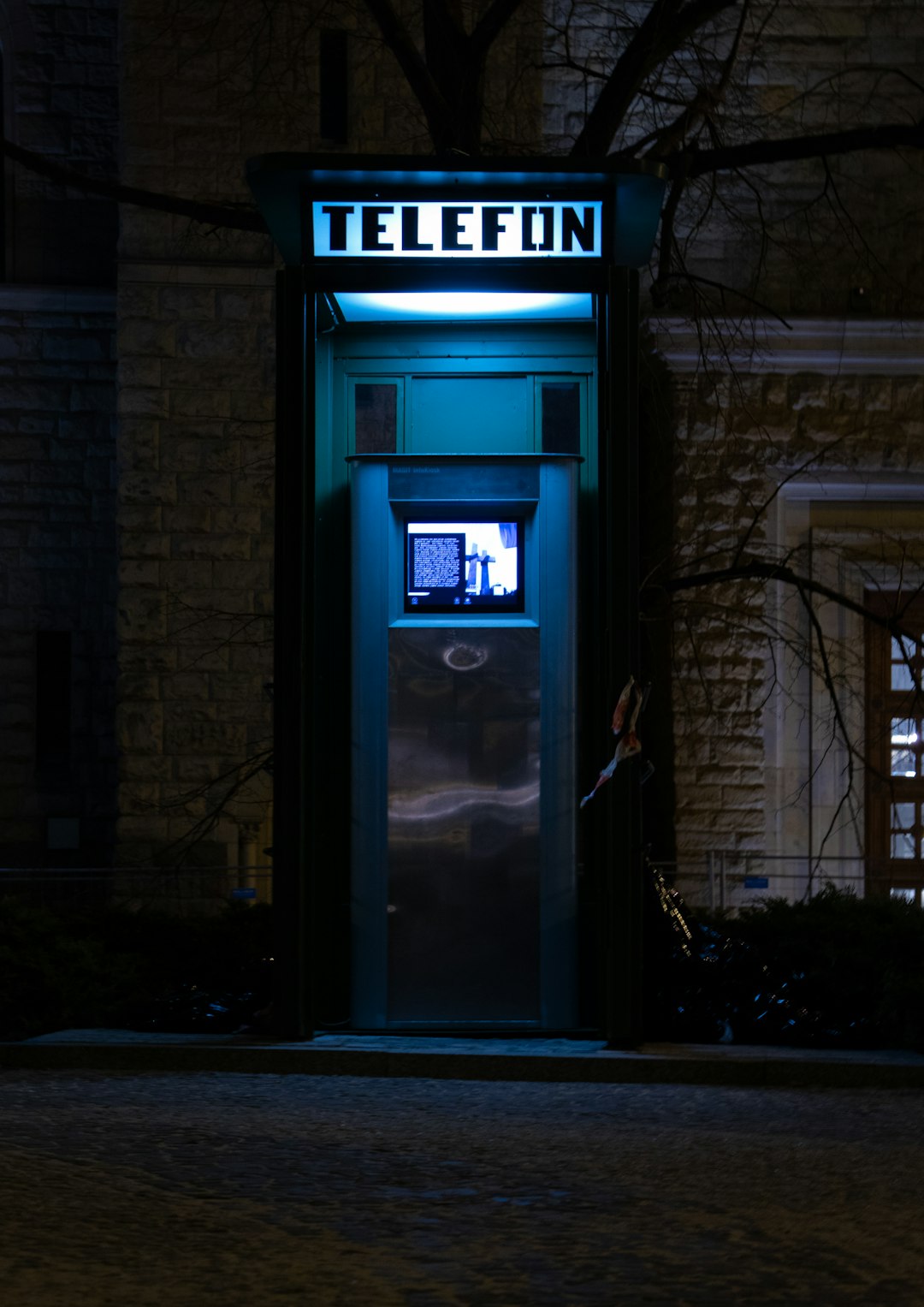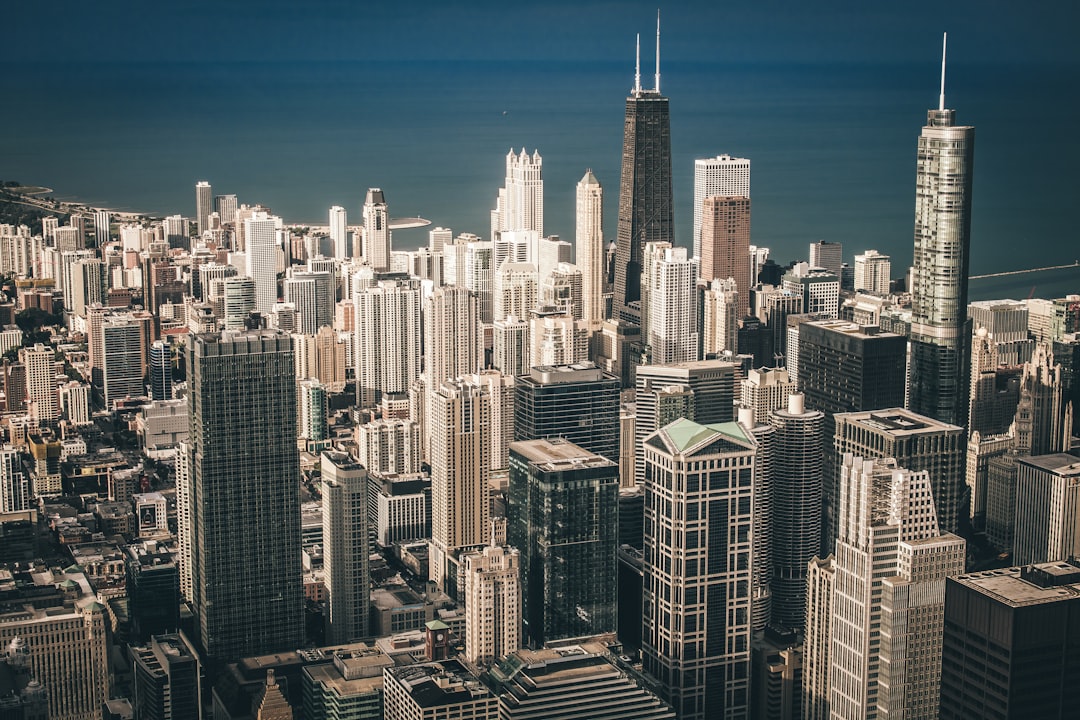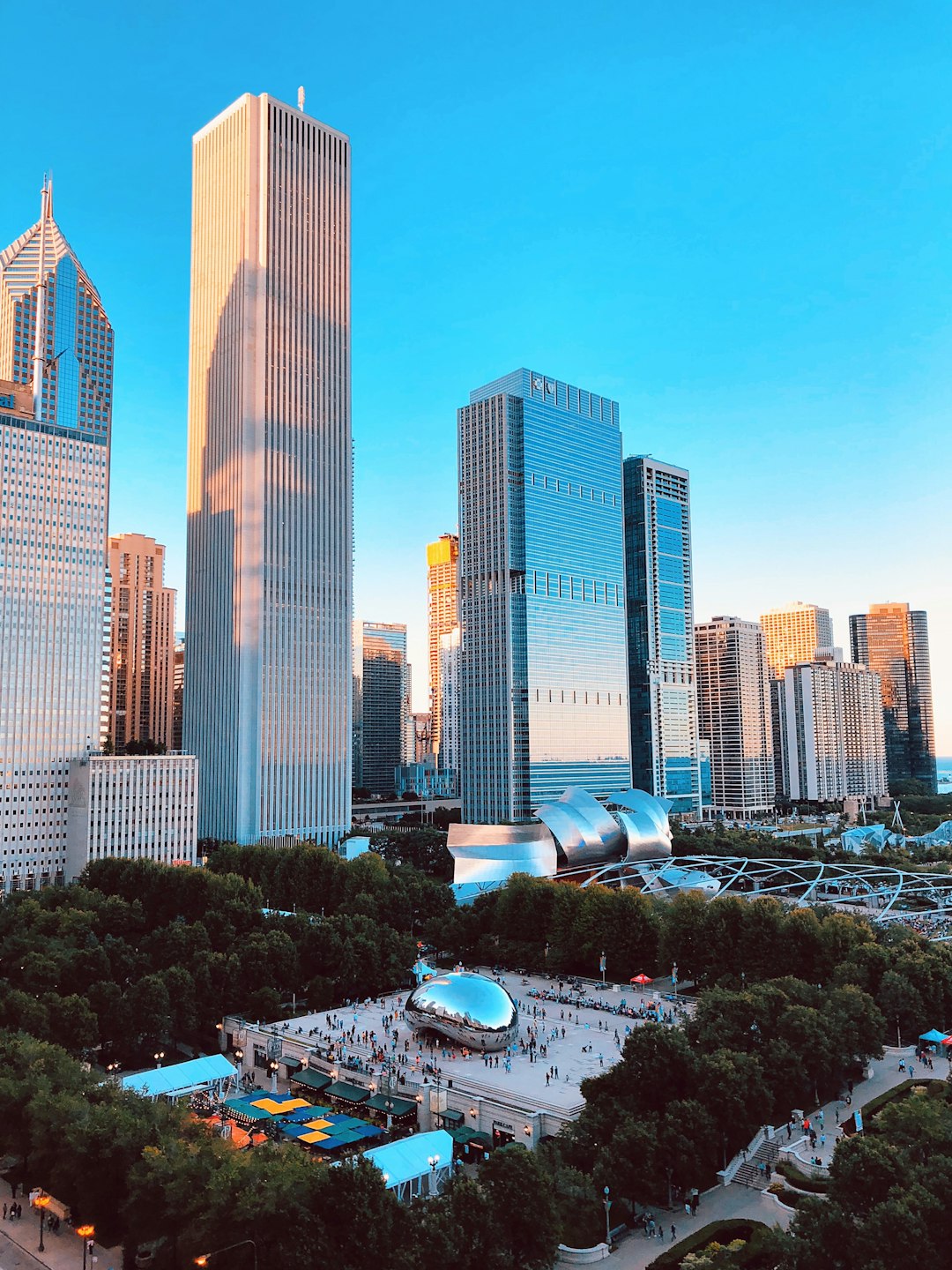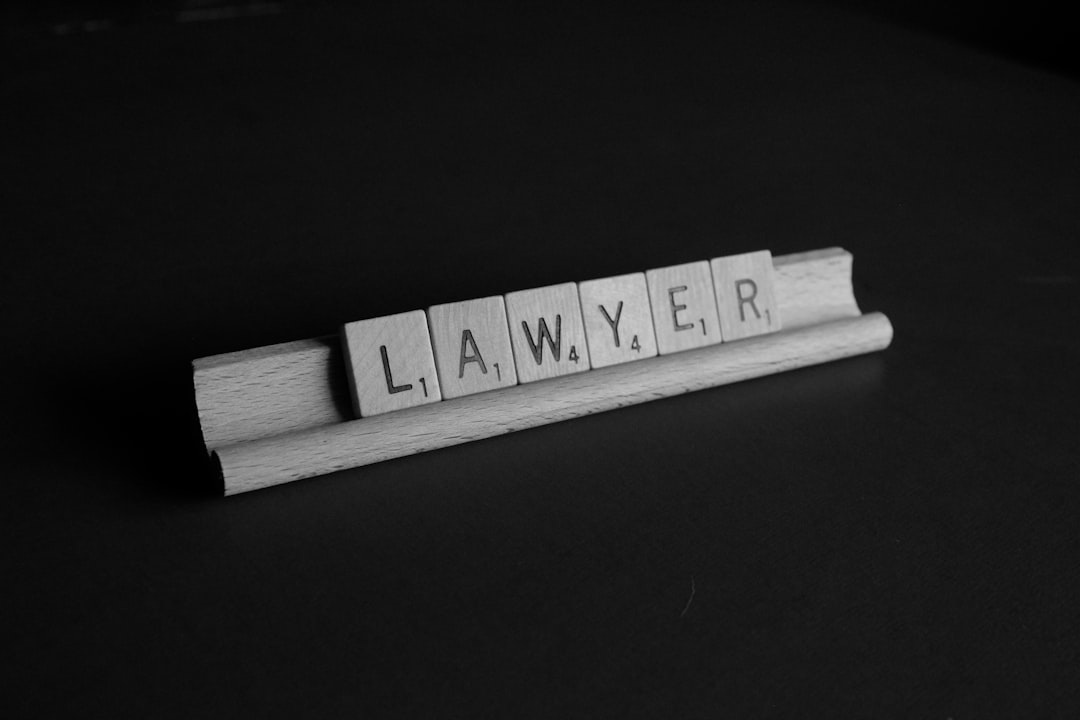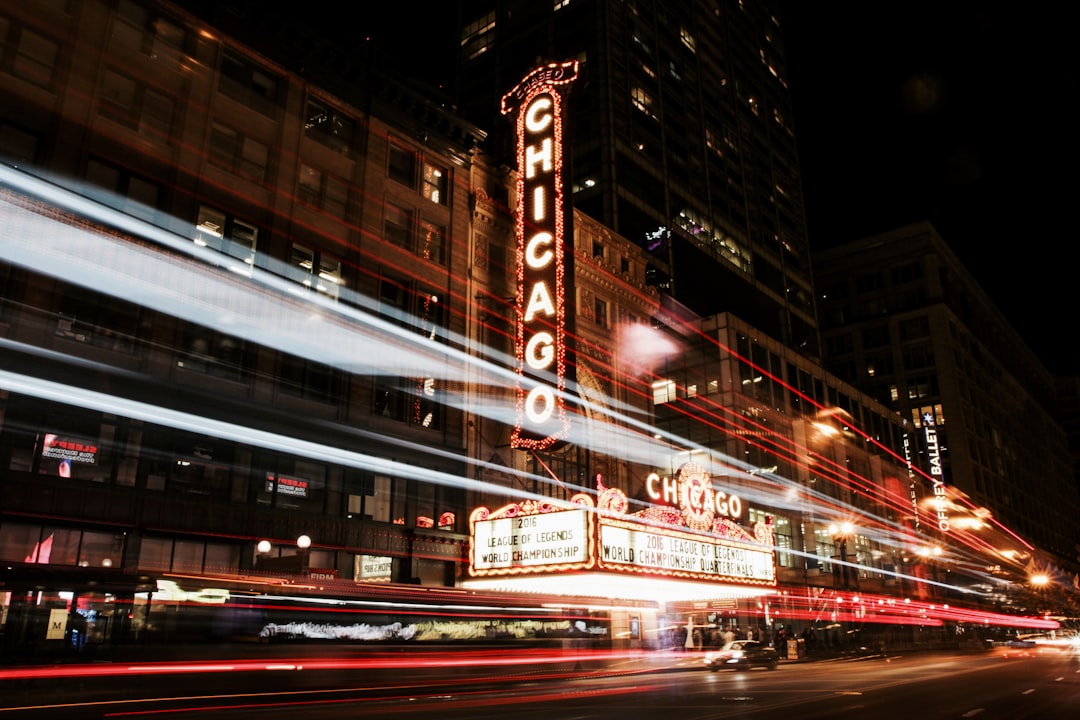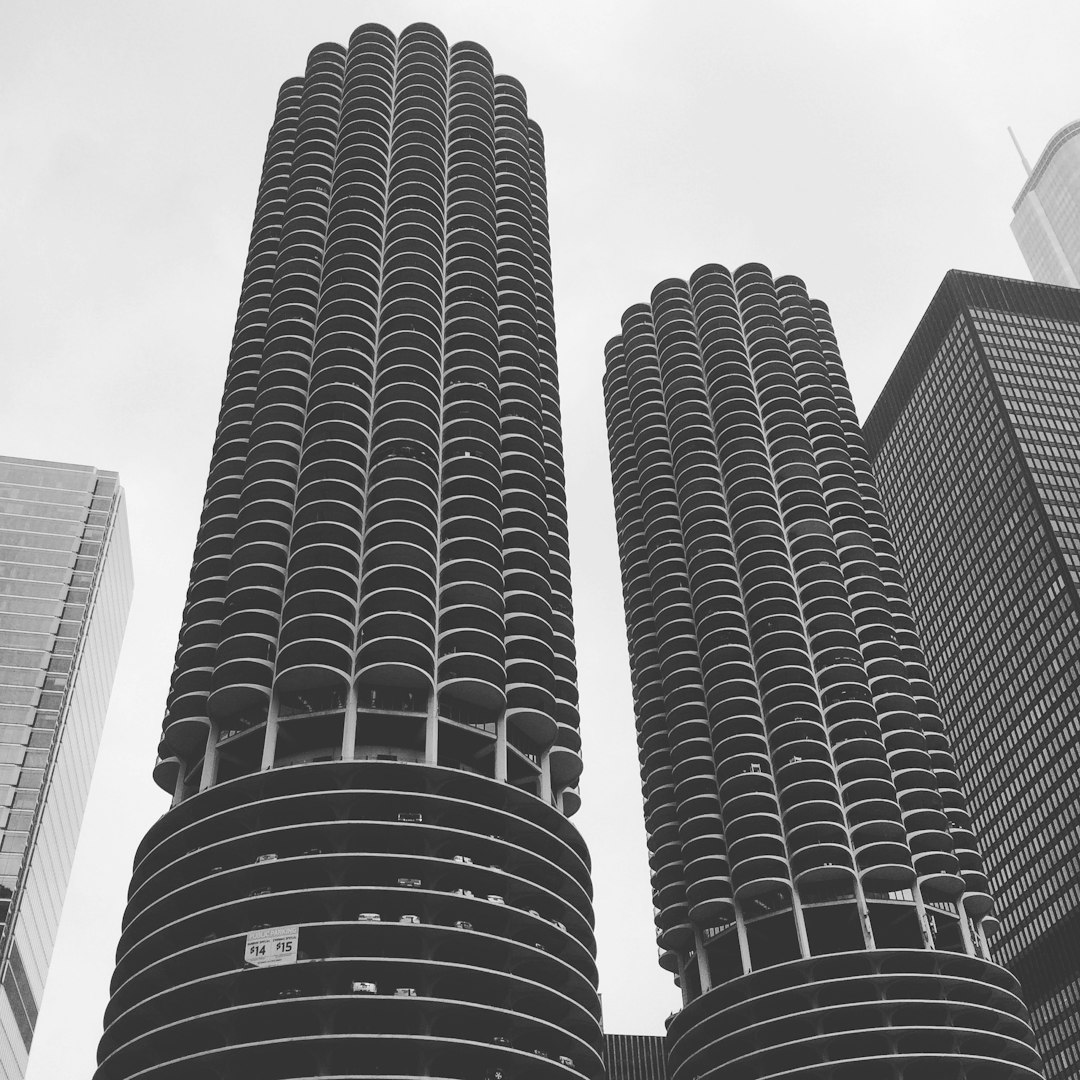Chicago is grappling with a growing issue of persistent and exponential increases in spam calls, disrupting residents' daily lives, including robocalls and pre-recorded messages targeting individuals and businesses. Local officials play a crucial role in shaping legislation against spam call law firms operating within the city limits. Their responsibilities include ensuring compliance, protecting residents from intrusive marketing, investigating complaints, and collaborating with state and federal agencies. Through active participation, regular inspections, and swift responses to complaints, they enforce strict penalties and create deterrents for spammers. Chicago is also poised to leverage advanced technology like caller ID systems and machine learning algorithms to further protect its citizens from unwanted phone calls.
In Chicago, the ubiquitous nature of spam calls has prompted a closer examination of local officials’ roles in legislation and enforcement. This article delves into the current landscape of unwanted phone calls in the city, exploring the responsibilities and actions of local authorities. We analyze the implementation and effectiveness of existing spam call laws, highlighting their impact on residents. Furthermore, we discuss future directions for enhancing spam call regulation in Chicago, focusing on strategies that involve both technological advancements and legal reforms, with a particular emphasis on the role of local officials and spam call law firms in this ongoing battle.
The Current Landscape of Spam Calls in Chicago
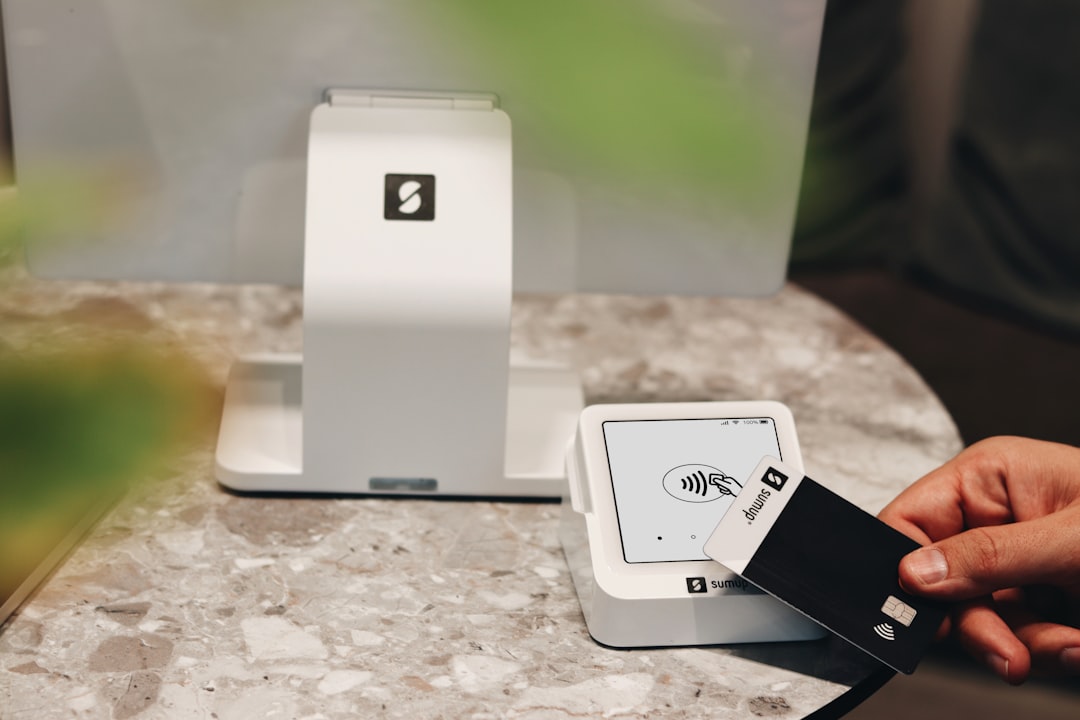
In the digital age, Chicago, like many urban centers across the globe, has grappled with a persistent and growing issue: spam calls. These unwanted phone interactions, often involving robocalls or pre-recorded messages, have become a nuisance for residents, disrupting their daily lives and peace of mind. The current landscape is characterized by an exponential increase in such calls, targeting not just individuals but businesses as well. This surge has prompted a significant need for effective legislation to curb the practice and protect citizens from these invasive tactics employed by spam call law firms Chicago.
The prevalence of spam calls in Chicago highlights a complex web of issues, including the evolving methods used by perpetrators and the challenges posed by ever-changing technologies. As regulatory bodies strive to keep pace with these developments, local officials play a pivotal role in shaping legislation that addresses this modern-day problem. Understanding the current state of spam call laws in Chicago is essential to unraveling how local authorities are responding to this pervasive digital threat.
Role and Responsibilities of Local Officials

Local officials in Chicago play a pivotal role in enforcing and shaping legislation related to spam calls, particularly through their oversight of spam call law firms operating within the city limits. Their primary responsibilities include ensuring compliance with anti-spam regulations, protecting residents from intrusive phone marketing practices, and facilitating transparent communication between businesses and consumers. These officials are tasked with investigating complaints, issuing warnings or fines to non-compliant firms, and collaborating with relevant state and federal agencies to stay updated on evolving spam call tactics.
Moreover, local government representatives engage directly with Chicagoan communities to gather insights and address concerns regarding unwanted phone calls. By acting as a liaison between residents and law enforcement agencies, they empower citizens to take action against spam call law firms that operate outside the bounds of the law. This collaborative approach not only bolsters the effectiveness of spam call legislation but also fosters a sense of community engagement in maintaining a peaceful and respectful urban environment.
Implementation and Enforcement of Spam Call Legislation
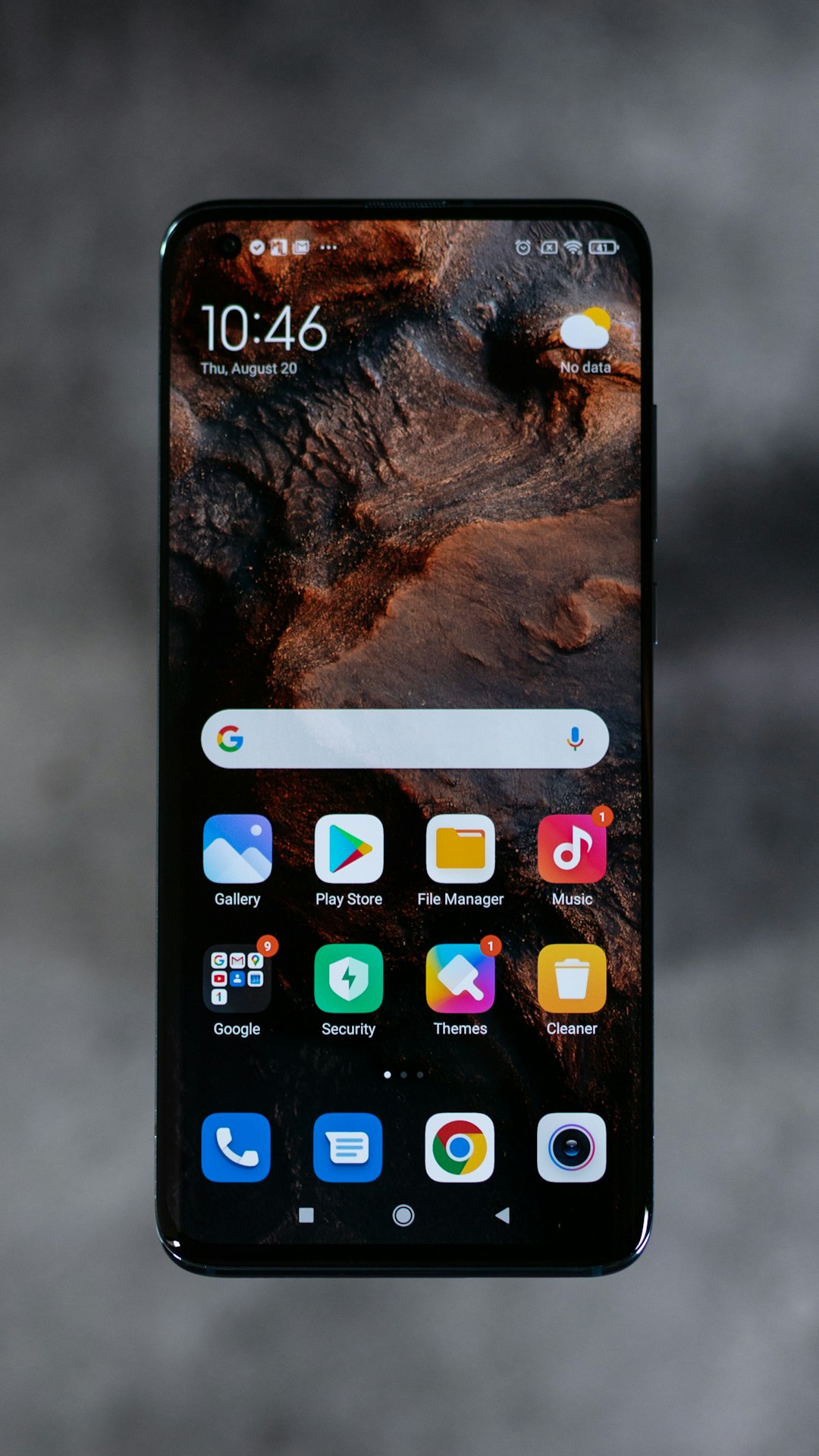
The successful implementation and enforcement of spam call legislation in Chicago heavily rely on the active involvement of local officials. These officials play a pivotal role in ensuring that the laws are not just on paper but are effectively executed to protect residents from unwanted phone calls. They collaborate with local law enforcement agencies and spam call law firms based in Chicago to monitor compliance, investigate complaints, and take necessary actions against violators.
Regular inspections of telemarketing operations, random sampling of calls, and prompt response to citizen complaints are some of the strategies employed. Local officials also work towards raising public awareness about spam calls and the available legal remedies. By fostering a robust reporting system and maintaining strict penalties for non-compliance, they create an environment that discourages spammers from targeting Chicago residents.
Impact and Future Directions for Spam Call Regulation in Chicago
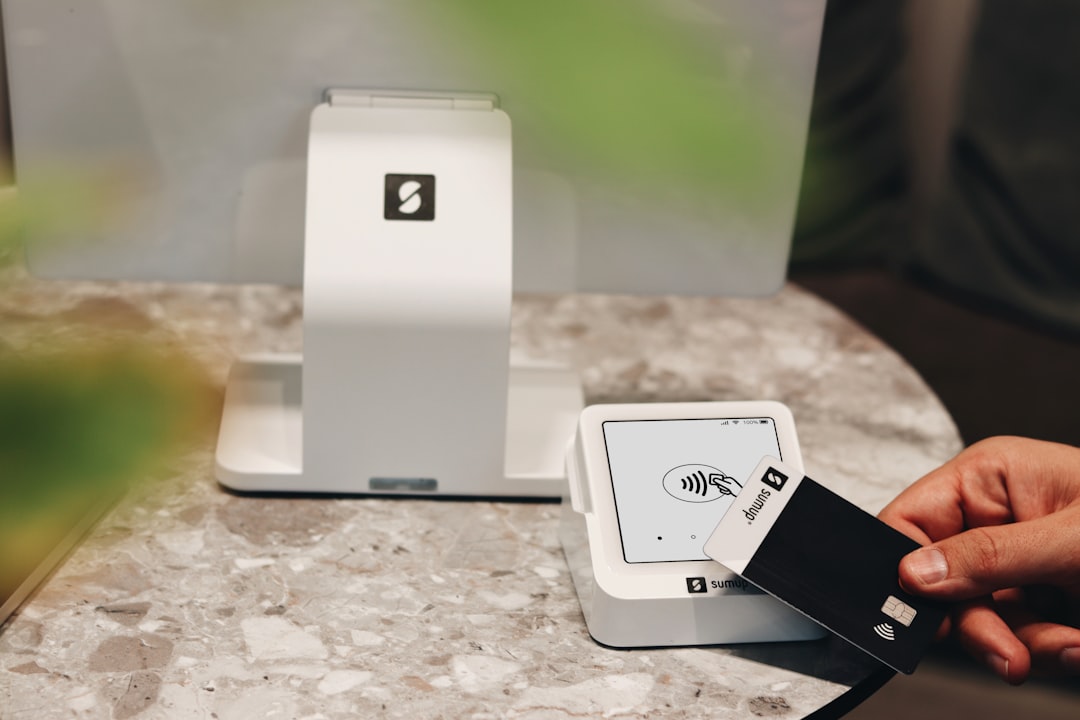
The impact of local officials on spam call legislation in Chicago has been significant, leading to a more robust regulatory framework. Their active involvement has resulted in stricter penalties for violators, giving residents better protection from unwanted phone calls. This initiative has also encouraged collaboration between government bodies and spam call law firms based in Chicago, fostering innovative strategies to combat this persistent issue.
Looking ahead, the future of spam call regulation in Chicago seems poised for further refinement. As technology evolves, so must the laws; officials are likely to explore new methods, such as advanced caller ID systems and machine learning algorithms, to identify and block spam calls more effectively. This continuous evolution ensures that Chicago remains at the forefront of protecting its citizens from intrusive and unwanted communication.
